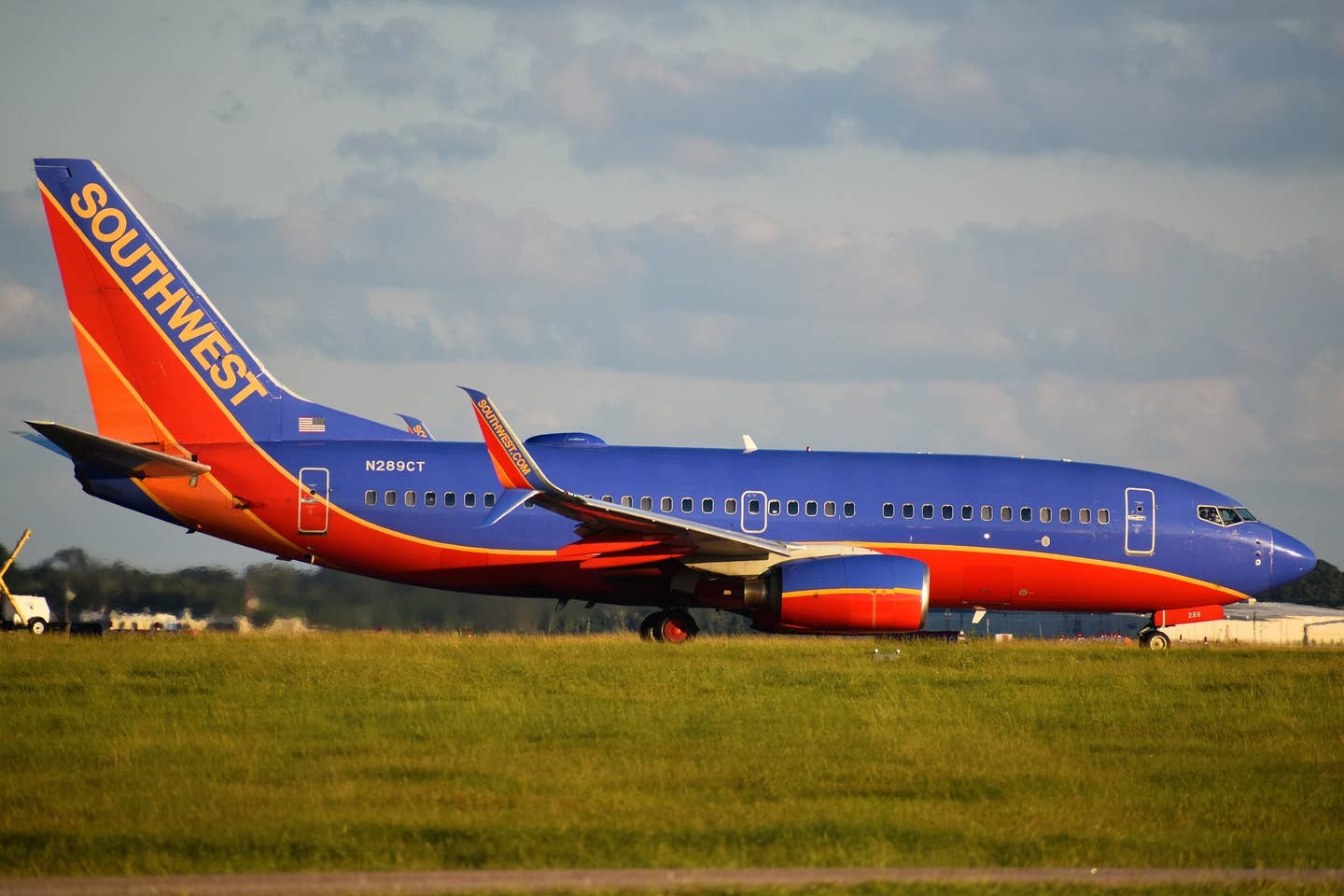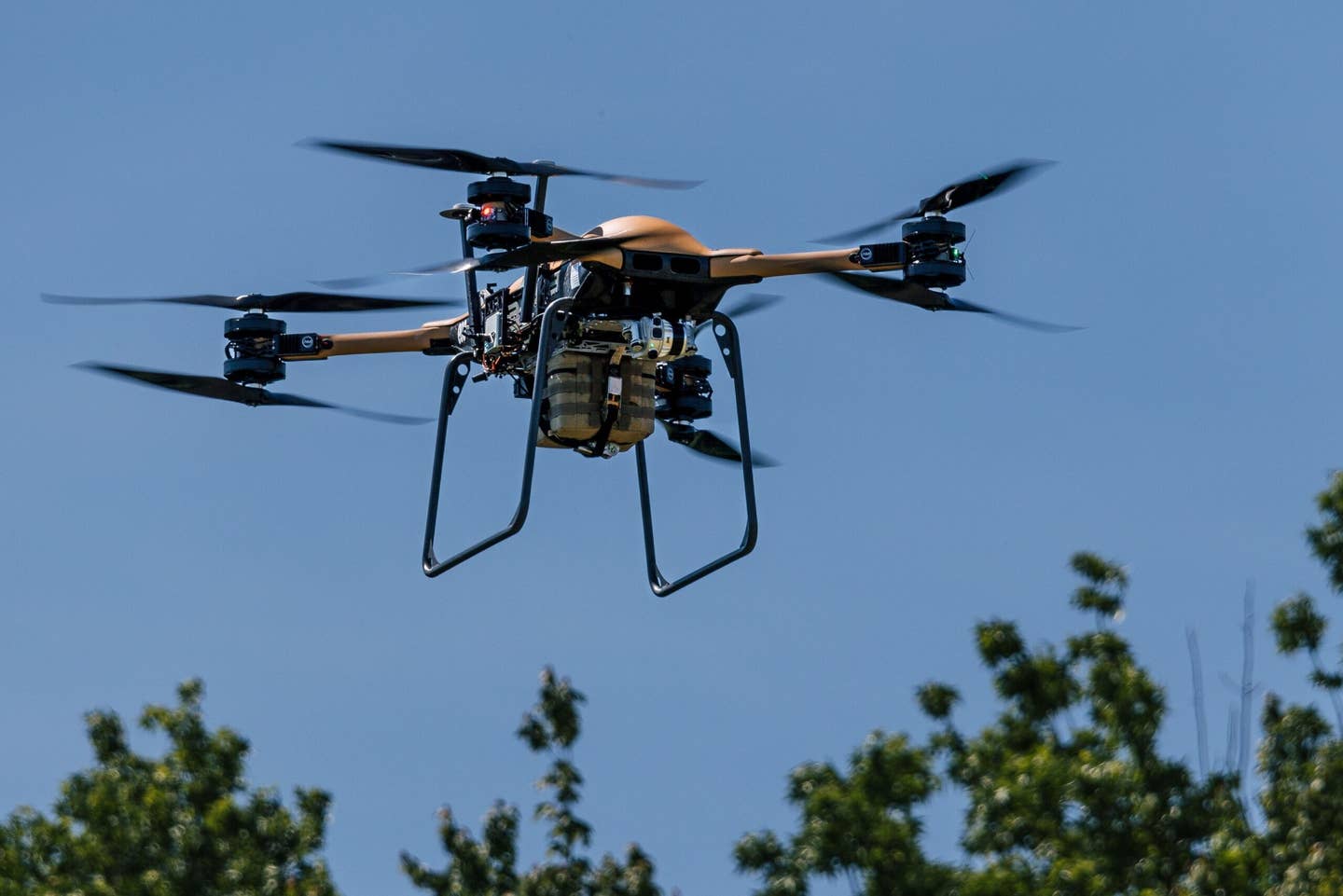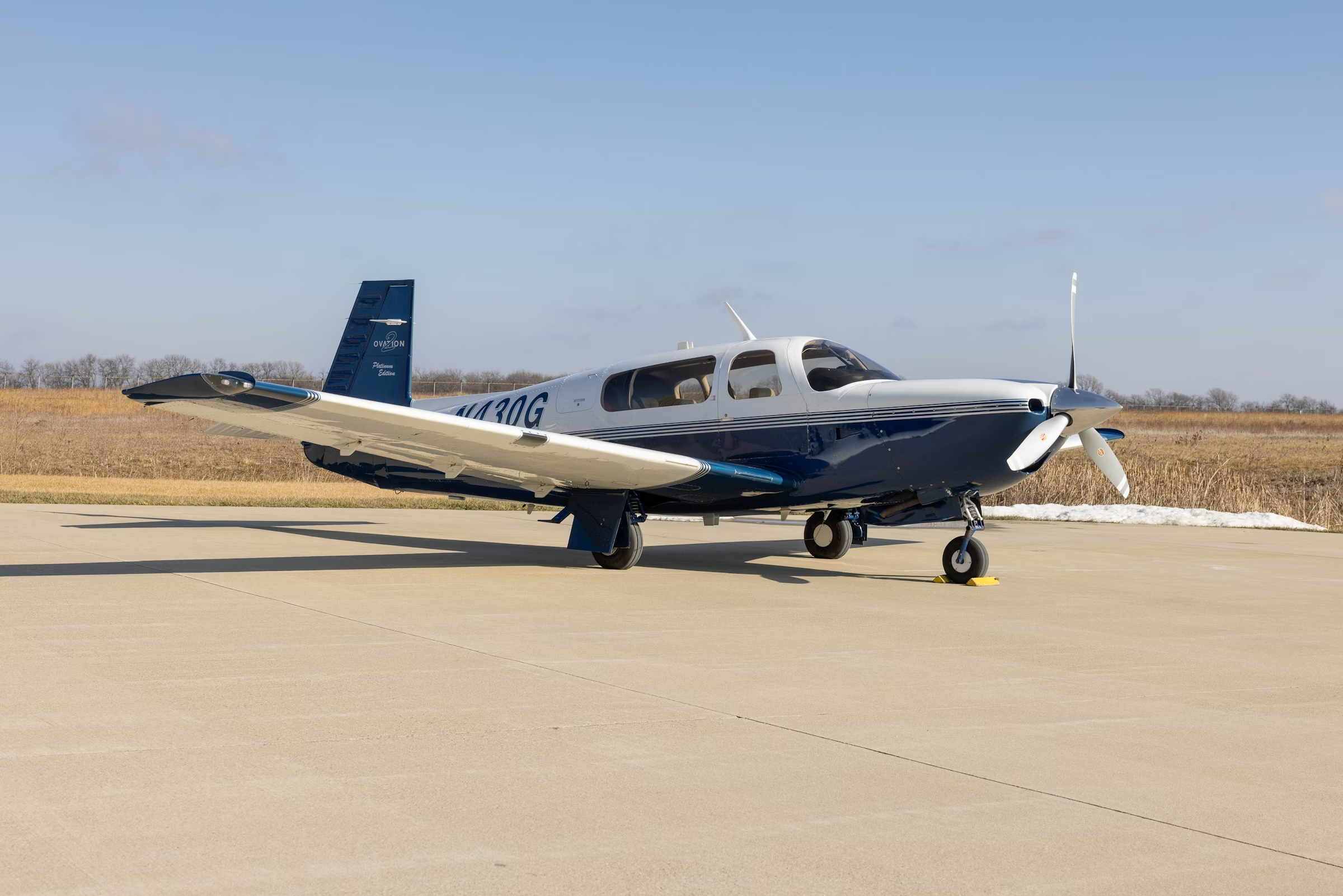Southwest Airlines and Pilots Disagree Over Causes of Flight Cancellations
Southwest Airlines continues to reel from recent storms that threw its schedules into disarray.

Southwest pilots blame outdated scheduling software for much of the company’s cancellation woes this week. [Credit: Pixabay/F.Muhammad]
In the midst of a particularly difficult holiday travel period, Southwest Airlines [NYSE: LUV] is apologizing to passengers for hassles associated with thousands of flight cancellations, the bulk of which the company attributed to poor weather.
Meanwhile Southwest’s pilots blame the airline’s “vastly outdated” software and mismanagement of scheduling and staffing. Many of the resulting problems, the Southwest Airlines Pilots Association said, could have been anticipated if executives had implemented remedies that pilots and other employees have suggested for years.
For passengers, there could be more challenges to come as the airline plans to operate only about a third of its usual flights for the next several days.
Scrutiny of Southwest’s operations has even reached the federal level, with the Department of Transportation looking into what many are calling a “meltdown” within the airline’s network.
“USDOT is concerned by Southwest’s unacceptable rate of cancellations and delays [and] reports of lack of prompt customer service. The Department will examine whether cancellations were controllable and if Southwest is complying with its customer service plan,” the agency tweeted last night.
The airline said tough times will continue for a while. “With consecutive days of extreme winter weather across our network behind us, continuing challenges are impacting our customers and employees in a significant way that is unacceptable. And our heartfelt apologies for this are just beginning,” Southwest said in a statement.
The company said it is repositioning aircraft and crews to better serve future flights but is also cutting its schedule for the next several days to roughly one third of its usual flights.
Pilots Blame Outdated Systems
“We are tired of apologizing for Southwest,” said pilot union vice president Michael Santoro in a CNN interview. He said last week’s stormy weather was a “catalyst” for the airline’s difficulties but placed much of the blame on a “vastly outdated” software system for managing schedules.
Unlike most airlines, which operate networks based on main airports called hubs and destination or “spoke” airports, Southwest uses a point-to-point model, which in theory offers more direct flights between cities instead of making connections through hubs. One potential problem with this arrangement is that crews can more easily wind up stranded without an aircraft unless scheduling is precise, the union said.
“We didn't have the tools we needed on the line to operate the sophisticated and large airline we had become.”
Larry Lonero
Pilots also took to social media to share stories about the airline and how they feel it has changed, particularly as its focus has shifted, they say, from operations to finance and return on investment for shareholders.
"What happened to Southwest Airlines?" longtime pilot Larry Lonero asks at the opening of a post of Facebook. In the post he looks back on the decades-long leadership of former CEO Herb Kelleher, who focused on regularly engaged with employees. After he retired in 2004, financially oriented executives gradually took over and the operations side, Lonero said, began to suffer. He also said a long series of scheduling and staffing problems should have raised awareness among top company executives.
"A half dozen small scale meltdowns occurred during the mid to late 2010s. With each mini meltdown leadership continued to ignore the pleas and warnings of the employees in the trenches. We were still operating with 1990s technology. We didn't have the tools we needed on the line to operate the sophisticated and large airline we had become," Lonero said.
Southwest said it recognizes the difficulties passengers and staff members are experiencing and aims to correct its scheduling problems. “Our shared goal is to take care of every single customer with the hospitality and heart for which we’re known,” the company said. “On the other side of this, we’ll work to make things right for those we’ve let down, including our employees.”

Sign-up for newsletters & special offers!
Get the latest FLYING stories & special offers delivered directly to your inbox






